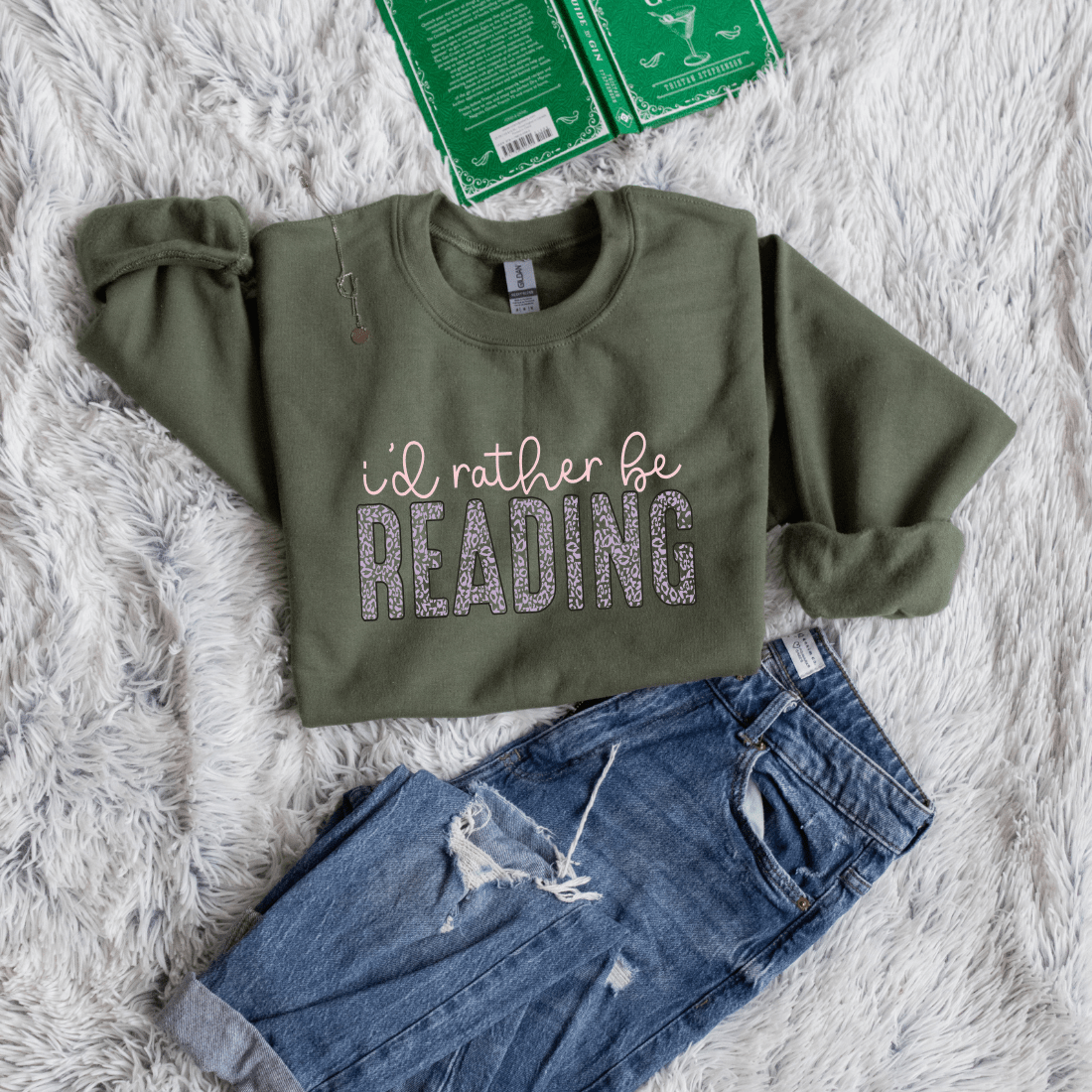5 Questions to Spark Engaging Book Club Discussions
Book clubs are more than just gatherings to discuss the latest read—they’re opportunities to connect with others, share perspectives, and dive deep into stories that inspire, challenge, and entertain us.
But sometimes, getting the conversation started can be the hardest part. Fear not!
We’ve crafted five engaging, thought-provoking questions that will elevate your book club discussions and keep the dialogue flowing.
Whether you’re tackling a romance novel, a thrilling mystery, or a literary classic, these questions are versatile enough to adapt to any genre.
And if you’re hosting your book club in style (maybe while rocking a cozy hoodie from Bookish Wardrobe), even better!
1. What’s the Big Idea? (Themes and Messages)
Every book has a central theme or message, whether it’s about love, justice, resilience, or the complexity of human relationships. Start your discussion by asking:
“What themes stood out the most in this book, and how do they connect to our lives today?”
This question invites everyone to reflect on the deeper meanings within the story. For example:
-
In a romance novel, you might explore the idea of unconditional love or self-discovery.
-
For a thriller, consider the implications of trust and betrayal.
-
With a banned book like 1984, discuss the relevance of its warnings about surveillance and censorship.
To dive even deeper, you can follow up with:
-
“Do you think the author effectively conveyed this theme? Why or why not?”
-
“How do the themes compare to those in other books we’ve read?”
2. What Would You Do? (Character Choices)
Characters drive the story forward, but their decisions often leave readers wondering, “What would I have done in that situation?” This question encourages personal connection:
“Did you agree with the protagonist’s decisions? What would you have done differently?”
This discussion can lead to fascinating debates and help uncover how each book club member relates to the story. For example:
-
In The Catcher in the Rye, you might debate whether Holden’s rebellious choices were justified.
-
In The Color Purple, explore Celie’s journey of empowerment and whether you would have made similar choices.
Adding follow-ups like these can further enrich the conversation:
-
“Which character did you find the most relatable or infuriating, and why?”
-
“If you could change one character’s decision, what would it be?”
3. What’s the Verdict? (Plot and Pacing)
A book’s plot can be a rollercoaster of emotions, with twists, turns, and surprises along the way. This question allows your group to evaluate how well the story unfolded:
“What did you think of the pacing and structure of the story? Were there any moments that felt too slow or rushed?”
Discussing the plot’s strengths and weaknesses often leads to lively exchanges. For example:
-
In a mystery novel, you might analyze how the author built suspense and delivered the final reveal.
-
In a historical fiction piece, consider whether the balance between fact and fiction worked effectively.
Additional prompts to keep the discussion flowing:
-
“Were there any plot twists that completely surprised you? How did they change your perspective on the story?”
-
“If you could rewrite one part of the story, what would it be?”
4. What’s in a Word? (Writing Style and Language)
The way a story is told is just as important as the story itself. This question dives into the author’s unique style and use of language:
“How did the author’s writing style enhance or detract from your enjoyment of the book?”
From poetic descriptions to sharp, witty dialogue, an author’s style can make a book unforgettable. Encourage your group to share:
-
Passages or quotes they found particularly powerful.
-
Moments where the writing style felt distracting or overly elaborate.
Follow-up questions to consider:
-
“Did the writing style reflect the story’s tone and mood effectively?”
-
“If you’ve read other works by this author, how does this book compare?”
5. What’s the Takeaway? (Personal Impact)
Books often leave us with lingering thoughts, feelings, or lessons. This final question encourages reflection:
“What will you take away from this book? Did it change your perspective on anything?”
Personal takeaways can range from profound life lessons to simple moments of joy or inspiration. For example:
-
After reading Beloved, discuss how the novel deepened your understanding of history and trauma.
-
After a lighthearted comedy, share how it brought humor or relief to your day.
To make the discussion even richer:
-
“Would you recommend this book to someone else? Why or why not?”
-
“How does this book rank among the others we’ve read?”
Bonus Tips for Memorable Book Club Discussions
-
Encourage Everyone to Participate: Sometimes quieter members need a gentle nudge. Asking open-ended questions like the ones above can make it easier for everyone to share.
-
Incorporate Fun Activities: Pair your discussions with themed snacks, games, or even a related movie night to keep things lively.
-
Bring in Bookish Accessories: Showcase your love for reading with items like themed mugs, bookmarks, or apparel—it’s a great icebreaker and adds a personal touch.
-
Rotate Discussion Leaders: Let different members take turns leading the discussion. This keeps things fresh and allows everyone to share their unique perspective.
Let’s Keep Talking!
Book clubs thrive on conversation, connection, and creativity. With these five questions in your arsenal, you’ll never run out of things to talk about.
Remember, the goal is to have fun and deepen your appreciation for the stories you share.
So, what are you waiting for? Grab your favorite book, gather your fellow readers, and let the discussions begin.
And if you need some cozy book club gear, check out our latest collection to read in style. Happy reading!



